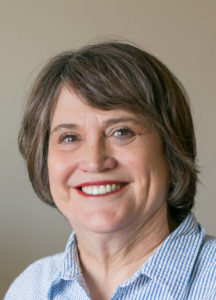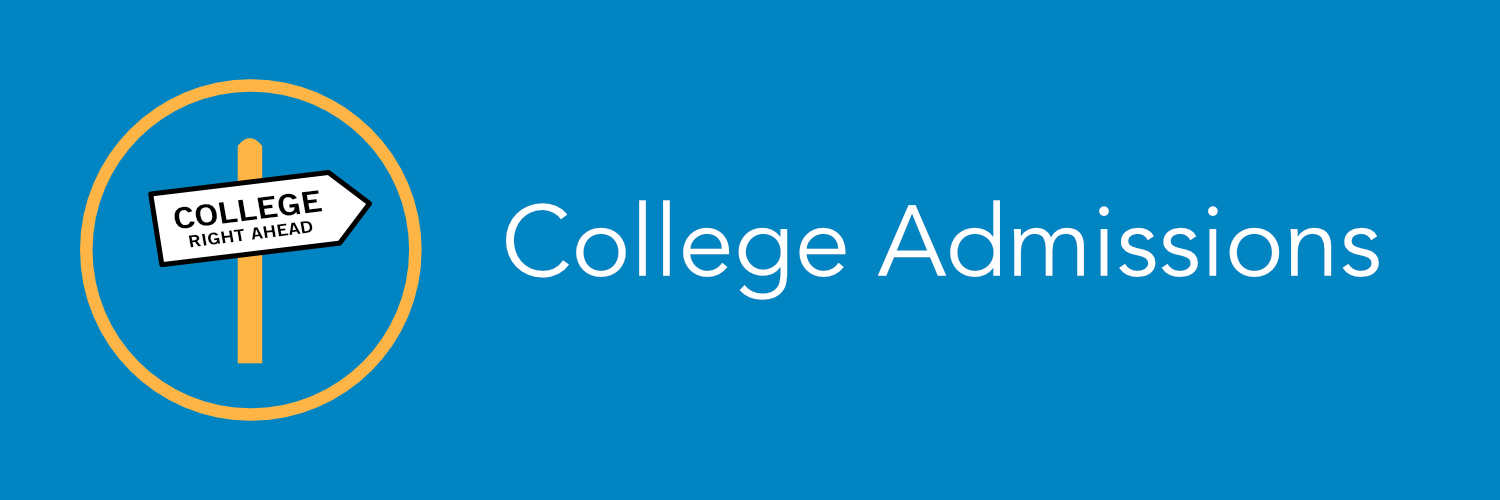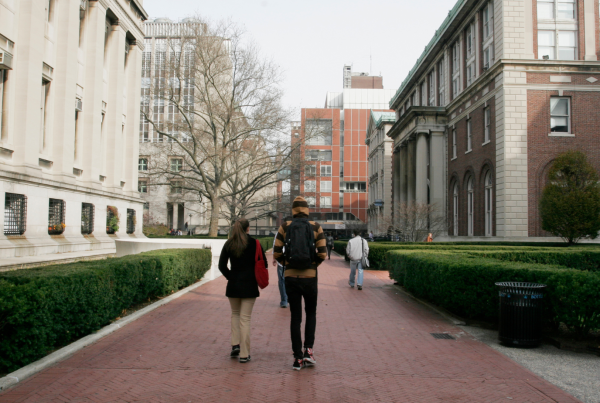 By Brenda Ward
By Brenda Ward
I once attended a conference workshop led by a well-respected college counselor wearing a T-shirt that read College Starts in Kindergarten. He got a lot of push back from members of the audience who, like me, thought that the hoopla around the college process was already a little crazy.
However, I have come to appreciate the point (if not the shirt). A college application is merely a package—the ingredients of that package begin accumulating long before junior or senior year. Students and families who understand the process early can make informed choices and set goals that ultimately will shape and determine the quality of the college application. Kindergarten may be too early, but of this I am convinced: 9th and 10th grade are every bit as important in the college process as 11th and 12th.
What’s In An Application?
In addition to grades and test scores that quantify academic performance, a college application is a summary of activities and experiences, an outline of the student’s intellectual and personal interests, and examples of actions taken by the student in pursuit of those interests. It takes time for pursuits to take hold, develop, and launch to new heights. Freshmen and sophomores build the groundwork by establishing relationships and making commitments. Juniors build on those foundations, and seniors write about them in their college applications.
Activities
We often associate “activities” with extra-curriculars sponsored by the school or offered by private organizations. Almost everyone who applies to college engages in some of these activities, but the student who wants to go to a highly selective college needs to think beyond the expected and pre-existent. Involvement in a wide range of activities that are easily accessible will not elevate a college application. However, a new activity or new experience will capture the attention of admission counselors because the student has been the initiator and has pursued an interest to a meaningful depth. Students who reach out and dig deep win in the activities category. (Caveat: the activity has to truly capture the student’s imagination and interest. It’s hard to sustain commitment when the interest is feigned.)
Experiences
Meaningful experiences enrich the college application beyond the resume. They provide content for interesting essays that are personal and authentic. Essays need to be written clearly and well; it’s even better when the writing is clever or elegant. But good writing isn’t enough. The student has to have something to write about—an experience, a passionate interest, an imagination. When students dip deep in a subject or experience, be it reading poetry or training horses, they can talk about it in a way that is interesting and convincing and personal. That’s what elevates essays and catches the attention of essay readers. The writing can be done senior year; the experiences must start sooner.
Academics
There’s more to academics on the college application than GPA (which starts the first day of 9th grade). There’s also course planning. Selective colleges like to see AP, Honors, and advanced courses on a transcript. If a four-year plan is formulated in 9th grade, there’s time to supplement the high school curriculum with summer classes and on-line courses so that all of the desired coursework fits in four years, with balanced rigor year-by-year. It’s much better for the plan to evolve to meet the student’s changing aspirations than to find one’s self “boxed” into courses junior year.
It’s September in high school.
Seniors are wailing about college applications; juniors are fretting about the ACT. And freshmen and sophomores are quietly accumulating the building blocks of what will become their college applications. It’s wise for them to do so with guidance, awareness, foresight and choice. That’s why we, and most college counselors, like to start working with students early—maybe not in kindergarten—but certainly in 9th and 10th grades.





